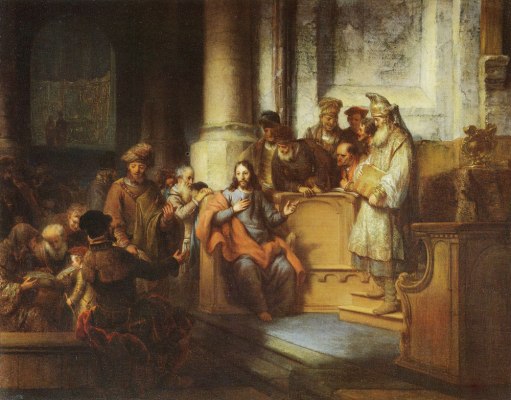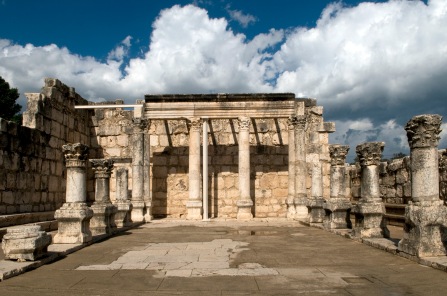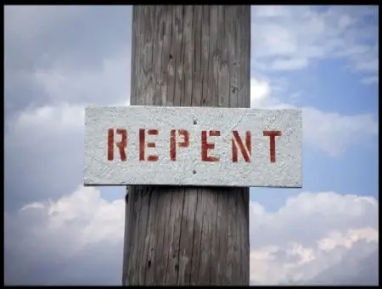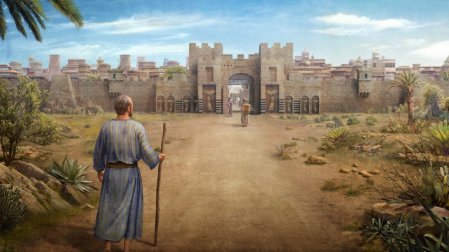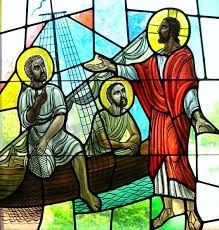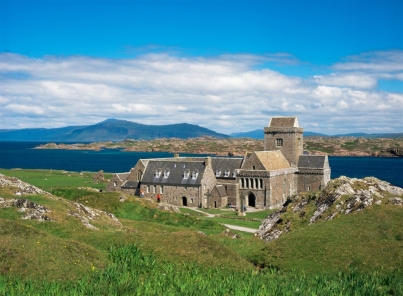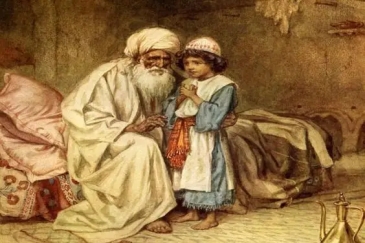Acts 10:44-48
44 While Peter was still speaking, the Holy Spirit fell upon all who heard the word. 45 The circumcised believers who had come with Peter were astounded that the gift of the Holy Spirit had been poured out even on the Gentiles, 46 for they heard them speaking in tongues and extolling God. Then Peter said, 47 “Can anyone withhold the water for baptizing these people who have received the Holy Spirit just as we have?” 48 So he ordered them to be baptized in the name of Jesus Christ. Then they invited him to stay for several days.
~~~~~~~~~~~~~~~~~~~~~
Psalm 98 A Psalm
O sing to the LORD a new song, for he has done marvelous things. His right hand and his holy arm have gotten him victory. 2 The LORD has made known his victory; he has revealed his vindication in the sight of the nations. 3 He has remembered his steadfast love and faithfulness to the house of Israel. All the ends of the earth have seen the victory of our God. 4 Make a joyful noise to the LORD, all the earth; break forth into joyous song and sing praises. 5 Sing praises to the LORD with the lyre, with the lyre and the sound of melody. 6 With trumpets and the sound of the horn make a joyful noise before the King, the LORD. 7 Let the sea roar, and all that fills it; the world and those who live in it. 8 Let the floods clap their hands; let the hills sing together for joy 9 at the presence of the LORD, for he is coming to judge the earth. He will judge the world with righteousness, and the peoples with equity.
~~~~~~~~~~~~~~~~~~~~~
John 15:9-17 9 As the Father has loved me, so I have loved you; abide in my love. 10 If you keep my commandments, you will abide in my love, just as I have kept my Father’s commandments and abide in his love. 11 I have said these things to you so that my joy may be in you, and that your joy may be complete.
12 “This is my commandment, that you love one another as I have loved you. 13 No one has greater love than this, to lay down one’s life for one’s friends. 14 You are my friends if you do what I command you. 15 I do not call you servants any longer, because the servant does not know what the master is doing; but I have called you friends, because I have made known to you everything that I have heard from my Father. 16 You did not choose me but I chose you. And I appointed you to go and bear fruit, fruit that will last, so that the Father will give you whatever you ask him in my name. 17 I am giving you these commands so that you may love one another.
~~~~~~~~~~~~~~~~~~~~~
This morning we are still in the season of Easter, but not for much longer! We have a number of special days this week. Today of course is Cinco de Mayo, and yesterday was Star Wars Day (May the Fourth be With You). And where it comes to religious holidays: this Thursday is Ascension Day – the day when Jesus returned to heaven. We would normally observe this on the following Sunday, but the following Sunday is Mothers’ Day – that will be our focus next week. And the week after that is Pentecost! So enjoy the joy of the season of Easter while it’s still with us, and get ready to wear red two weeks from today.
Our three scripture readings for today – from Psalms, Acts, and the Gospel of John – all lead us to the same place: a place of joy! More specifically, bearing fruit – works of love – for the sake of joy. Each reading comes at it from a different angle, but joy is the destination.

I’d like to start with Psalm 98. The psalm starts out with the words “sing to the Lord a new song” – it’s a cry of joy. God has done unbelievably wonderful things – victory and vindication in the sight of all the nations. This victory had a specific meaning when the psalm was written, but these verses also describe the victory of Easter, written 1000 years before Easter actually happened. And the psalmist says “make a joyful noise to the Lord” and “break forth into joyous song”.
Have you ever noticed when the Bible talks about joy it almost always talks about music and singing? There is a joy that I think can only really be expressed through music.
Take our pianist, Beatrice, as an example. She is a joy to listen to isn’t she? And as a musician – although I can’t begin to play the things she plays – I know the joy she feels when she plays. She takes joy in sharing the thoughts of the composer; she takes joy in the instrument she plays; she takes joy in the sheer beauty of the music, and she takes joy in sharing it with all of us. And her joy is contagious!
Psalm 98 says, “Make a joyful noise to the Lord all the earth!” God created all of creation for joy! God created every living being for joy – both for God’s joy in creating, and for our joy in being created. This is what life is about – both now and in eternity: joy!
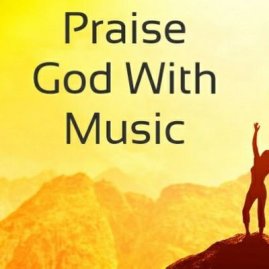
The Psalm talks about expressing joy through songs, through praising God with the lyre (that is, with a stringed instrument) and melody and trumpets and horns – it gets loud! And then… the psalm calls on the earth itself to sing for joy: the sea, and the world, and the floods, and the hills, and everything on earth.
This is speaking metaphorically of course… at least that’s how we normally think of it… but it depends on who you ask! From a religious standpoint, the ancient Jewish understanding was that creation itself is alive – not quite in the sense that you and I are alive, but in that the world is a living thing capable of praising God.
And then from a scientific standpoint – and this is not my own idea, someone told me this back in the 1980s as a theory – I just found out this past week that scientists are actually working on it! Check this out: we all know that everything that exists is made up of atoms – the ultimate foundation of reality in our world. And we know that atoms are made up of a nucleus that has protons and neutrons, and orbiting around the nucleus are electrons.
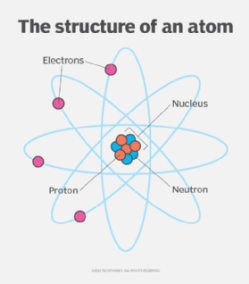
So here’s the thing: everything we see and perceive as solid is actually, at its foundation, always in motion. All the time. And motion causes sound. And if we had the right kind of receiver we’d be able to hear it.
That’s the theory I was taught. This past week I Googled the idea and it just so happens that a university in Sweden has been researching this very thing, and they put forth the idea that atoms do indeed make a sound but that the sound is about 20 octaves higher than the highest note on the piano, which is way too high for human ears to hear.
I can’t say I entirely understood this article – scientific digests are a little over my head – so I ran it past my brother the physicist. He read the article and explained it to me a bit – I won’t go into all the details – but he said the idea was “intriguing”. In other words, it got his attention and he’ll keep his eyes out for more on the subject.
Personally I like the idea that all of God’s creation is singing – and that God (unlike us) can hear it!
I’ve also been told that the great conductor Leonard Bernstein once said – when he was talking about the creation story in the book of Genesis – he said he believed God did not say “let there be light” but he believed God sang it. Wouldn’t that make perfect sense? That what we see in the atom is an echo of God’s song? That all of creation, created by God’s song, is now singing back to God.
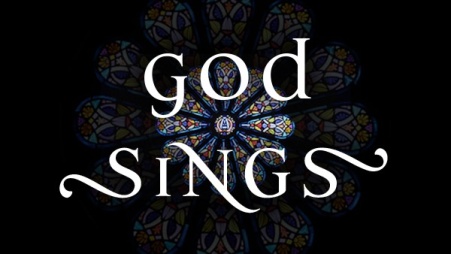
The psalm ends by promising that this God, who is so full of music and song, will one day judge the world with righteousness, and the peoples with equity.
Then we turn to our reading from Acts – where this Godly righteousness and joy makes itself known in a brand new way.
In this passage we’re actually coming in, in the middle of the story. Our reading starts with the words “while [this was happening]” so the action is already in progress. To fill in the backstory briefly: The apostle Peter was visiting a friend named Simon. One afternoon Peter was praying on the roof of the house, when he had a vision of a sheet being lowered from heaven with some edible animals on it, and he heard a voice saying “rise, Peter, kill and eat”. But Peter looked at the animals, and he recognized them as animals that Jews were not allowed to eat. They were considered ‘unclean’. So Peter said, “Lord, I have never eaten anything impure or unclean.” And the Lord answered, “do not call anything impure that God has made clean.”
Meanwhile, nearby in Caesarea, there was a man named Cornelius, a Roman centurion. He was a sympathizer with the Jewish people and he gave generously to the local synagogue. He had a vision of an angel who told him to send for a man named Peter who was staying in Joppa, so he sent a couple of servants and a soldier to go find Peter, and they brought Peter back to Cornelius’ house. By the time Peter got there, Cornelius had gathered his whole family, all his servants, all his relatives and close friends into his house. And he asked Peter to tell everyone the message that God had given Peter to tell them.
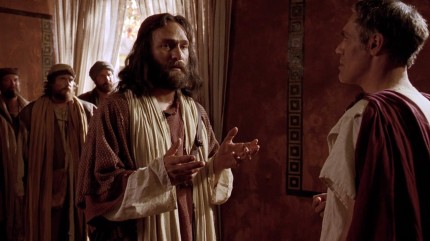
Here’s where we pick up the story: “while Peter was still speaking, the Holy Spirit fell upon all who heard the word.” Peter was astonished – astounded – because up to that point, the Holy Spirit had only ever been poured out on Jewish believers. Up to that point, God had always been “the God of Abraham, Isaac, and Jacob”. Now that’s all changing. Peter says, “Can anyone withhold the water for baptizing these people who have received the Holy Spirit just as we have?” And the whole household was baptized! And there was great joy, and the people stayed there, celebrating together, for days!
This is huge for us too – because if these Gentiles can receive the Holy Spirit, that means so can we. This day – this event – makes room in God’s kingdom and God’s family for all believers anywhere who receive the Holy Spirit, no matter who they are, no matter where they’re from, and no matter what they’ve done in their lives. If they have received the Holy Spirit then they are members of the family of God.
There’s a postscript to this story. When Peter got back to Jerusalem, the Jewish believers were very upset with him. Peter got an earful. They said: “You went into the house of uncircumcised men and ate with them!” This was SO forbidden by Jewish teaching. Jews and Gentiles never ate together in the same building. In fact a Jew was forbidden by Jewish law to even walk into a Gentile’s house.
Peter answered by telling the elders and the church in Jerusalem the story of what happened – and how the Holy Spirit had fallen on Cornelius and his family and his friends, just like the Holy Spirit had fallen on the disciples on the day of Pentecost, and how the whole family had been baptized and they were now believers. And the church’s answer was this: they praised God and said: “even to Gentiles God has granted repentance that leads to life!” And they celebrated. More joy!!
Then last but never least we come to our passage from John. This reading is part of Jesus’ final teaching to the disciples before his crucifixion, and Jesus is doing some really high-powered pastoral care here. He has just told them that he is going to die, but he says they will not be abandoned; he says this will be a road to deeper intimacy, and deeper friendship with Jesus. He says we’ll still be together. If we love one another, and live in Jesus’ love, we will live in Jesus and Jesus will live in us. Jesus’ whole message leads to joy – “that your joy may be complete” he says.

Jesus talks about God’s love, and his own love, and the Holy Spirit’s love, and that amazing relationship between the three-in-one God whose nature is love and joy. This kind of love and joy in life is what every parent wants for their children – and it’s what our heavenly parent wants for us.
Jesus says the way to become a part of this love and joy is by obeying the commandments. This might seem to be counter-intuitive. Obedience? To commandments? What does this have to do with love and joy?
Here’s the thing: the result of doing things God’s way is joy – even in the middle of hardship sometimes. It is Jesus who says, “I chose you, and I commission you to bear fruit that will last: specifically, works of love for the sake of joy.”
Another benefit of obeying God’s commands is that it puts us in a position to strip away the deceptions of this world. We talk a lot these days about ‘fake news’ and how we need to kind of ‘sift through’ what we hear. Love seeks a world in which “complete joy” is not just for a privileged few, but for everyone. So doing what God commands, proclaims our love for God and for every person, no matter who or where they are.
This is why the Gospel is so counter-cultural. Human cultures do not put a high value on obedience to God. Human cultures do not put a high value on God’s word. But when we do things God’s way, acts of love shine in the darkness of the world around us and they bring joy.
Jesus wraps up his teaching by saying when we follow his commands, and demonstrate our love for one another, we are no longer his servants, but his friends. When we are chosen by God, and chosen by Jesus, and have received the Holy Spirit, we are no longer strangers – we are part of God’s family. As God’s family we bear fruit – fruit like kindness, nurturing, meeting each others’ needs, and joy – that will last into forever.
It all begins and ends with joy. Seek first the joy of God’s kingdom. AMEN.
~~~~~~~~~~~~~~~~
Easter 6 – May 5, 2024 – Love and Joy
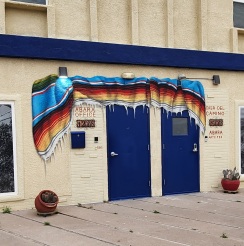
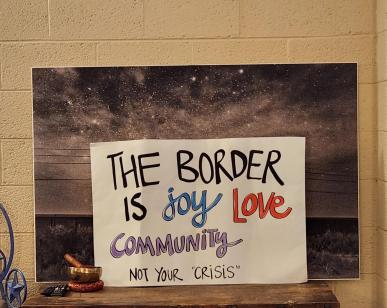

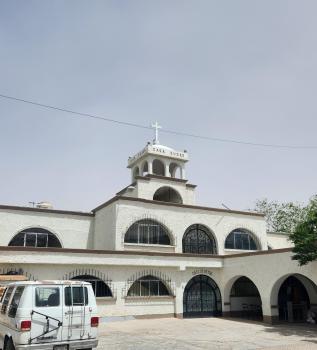
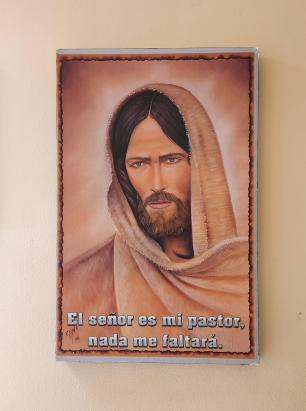
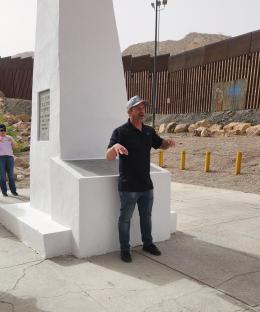
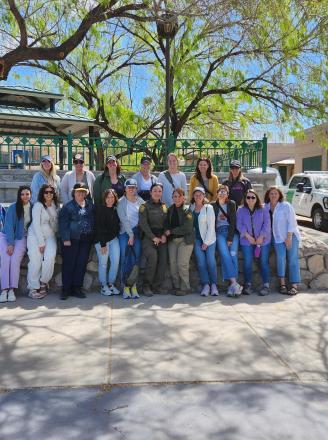

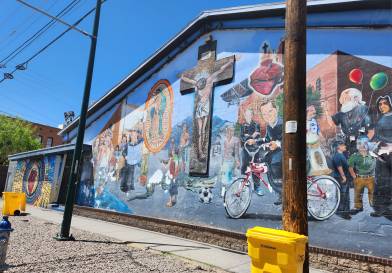
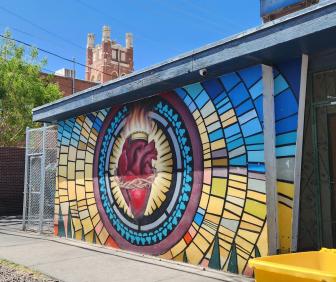

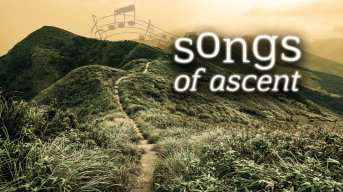
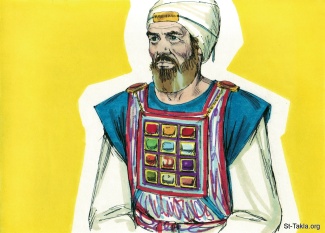

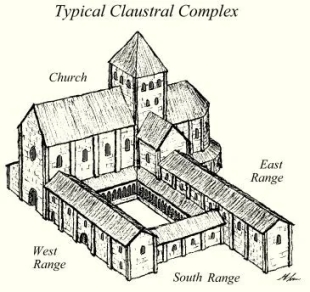
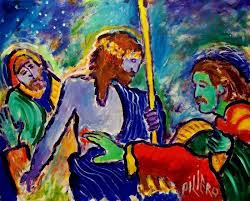

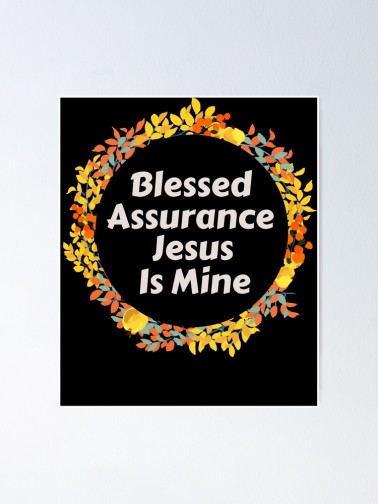
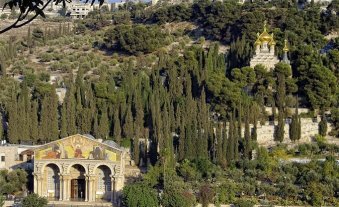


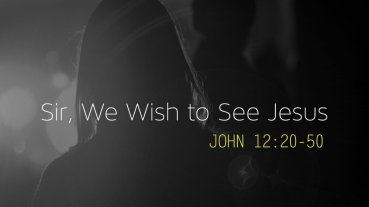
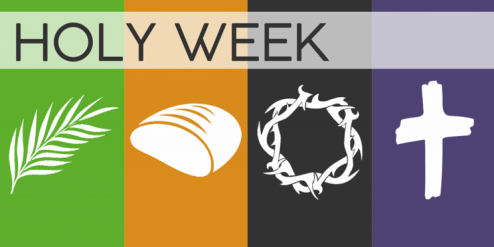
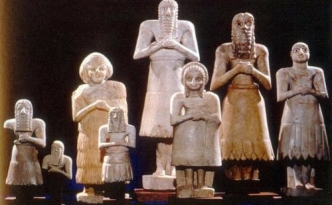
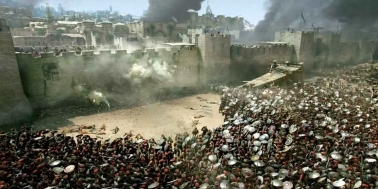
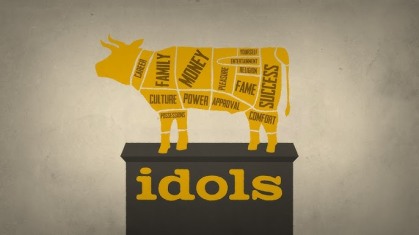

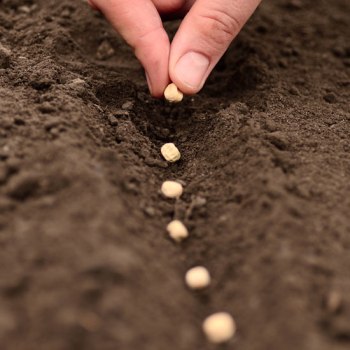


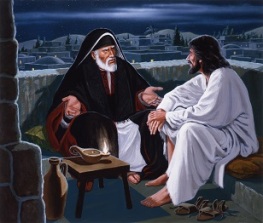
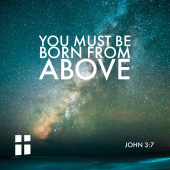
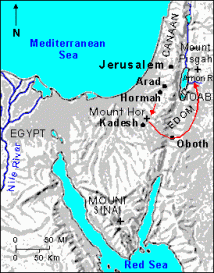
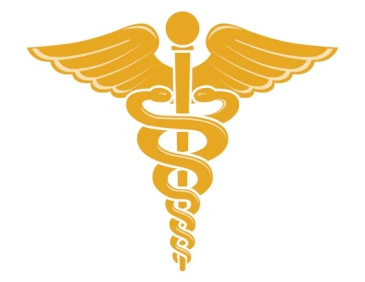
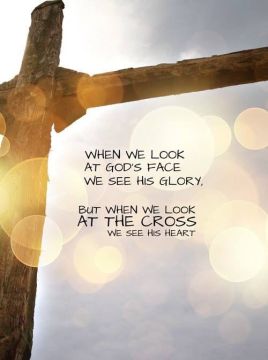
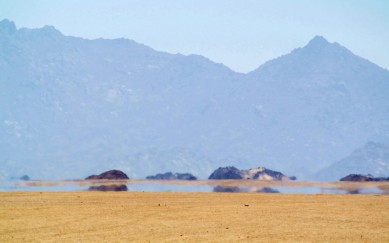
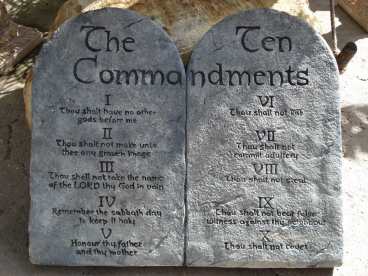
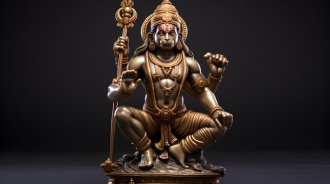





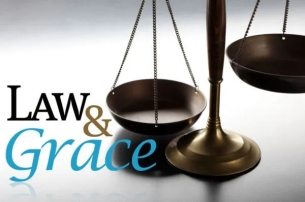

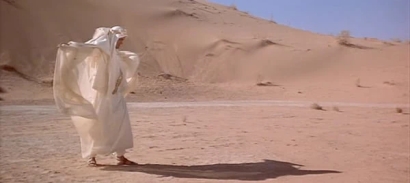
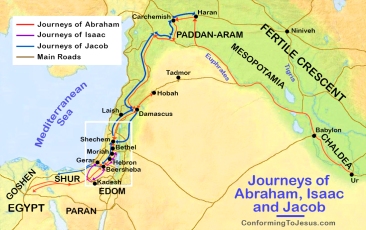
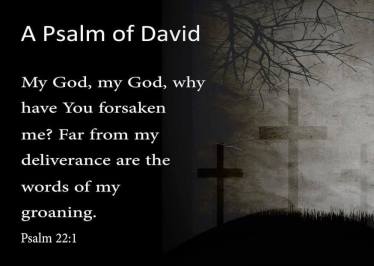
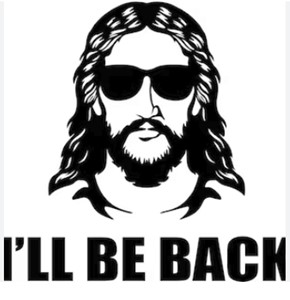


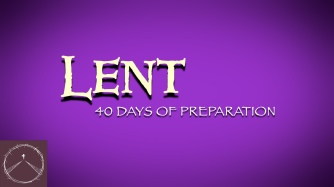
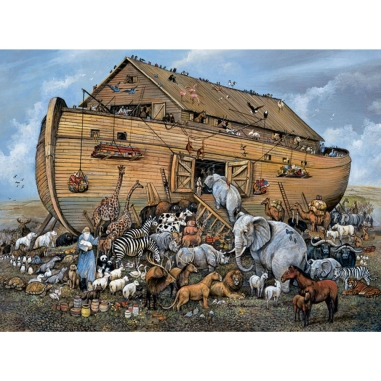
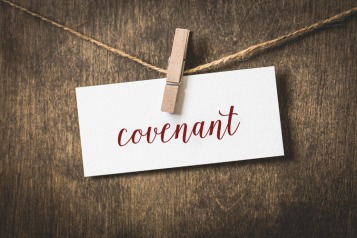
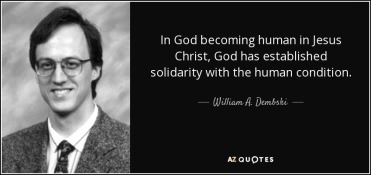


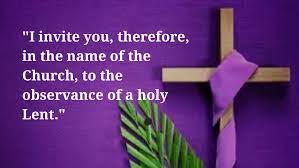
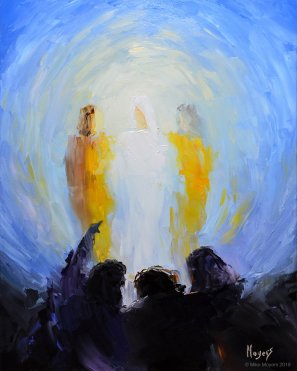
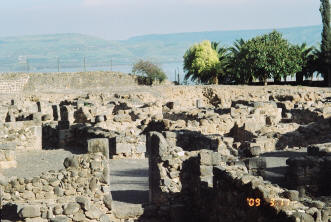
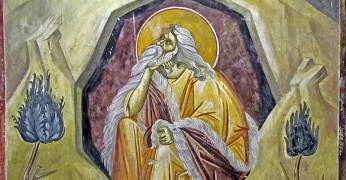

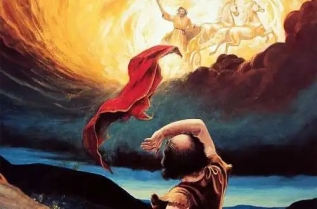
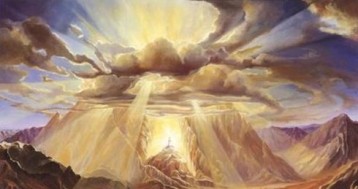

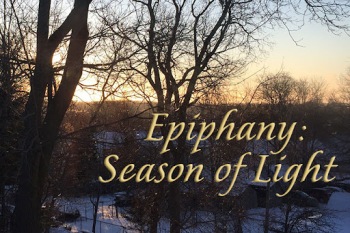


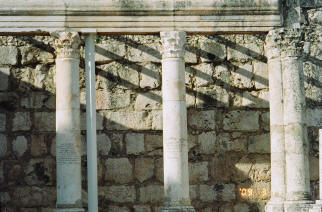

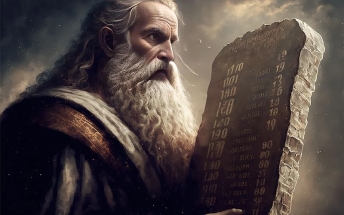
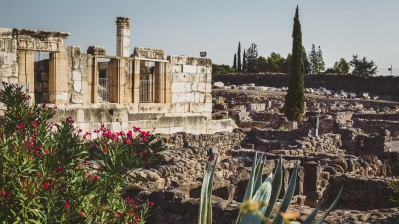 We find ourselves in the synagogue in Capernaum on the Sabbath Day. It is a breathtakingly beautiful location: warm and sunny, at the top of a gentle hill, with the village of Capernaum surrounding on three sides. As we sit in the synagogue, we can hear the waves of the Sea of Galilee lapping on the shore. The scent of flowers drifts in between the pillars of the synagogue. As we look around at those pillars, we are reminded of what our neighbors have told us: that the local Roman centurion built this synagogue for us, for our town. The local centurion is a Gentile believer in God, and this synagogue is here because of him. (The people don’t know it yet, but that same centurion will one day ask Jesus to heal his servant, and he will say, “Lord I am not worthy to have you come under my roof, but say the word and my servant will be healed…” And Jesus will answer he has not found such faith even among the people of Israel. But that day is still in the future…)
We find ourselves in the synagogue in Capernaum on the Sabbath Day. It is a breathtakingly beautiful location: warm and sunny, at the top of a gentle hill, with the village of Capernaum surrounding on three sides. As we sit in the synagogue, we can hear the waves of the Sea of Galilee lapping on the shore. The scent of flowers drifts in between the pillars of the synagogue. As we look around at those pillars, we are reminded of what our neighbors have told us: that the local Roman centurion built this synagogue for us, for our town. The local centurion is a Gentile believer in God, and this synagogue is here because of him. (The people don’t know it yet, but that same centurion will one day ask Jesus to heal his servant, and he will say, “Lord I am not worthy to have you come under my roof, but say the word and my servant will be healed…” And Jesus will answer he has not found such faith even among the people of Israel. But that day is still in the future…)